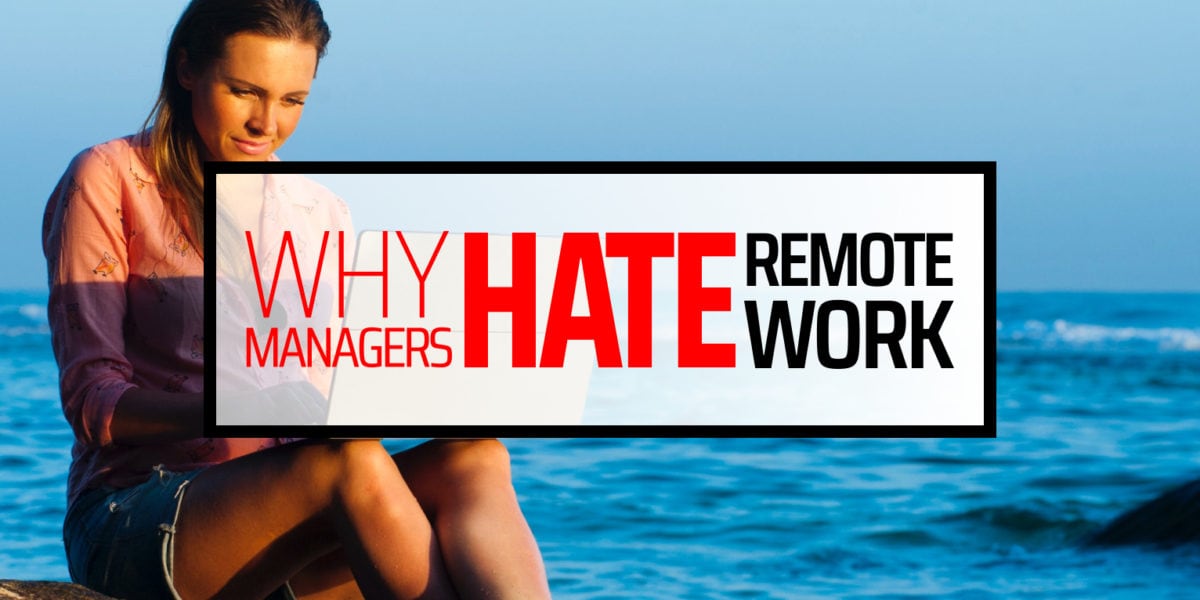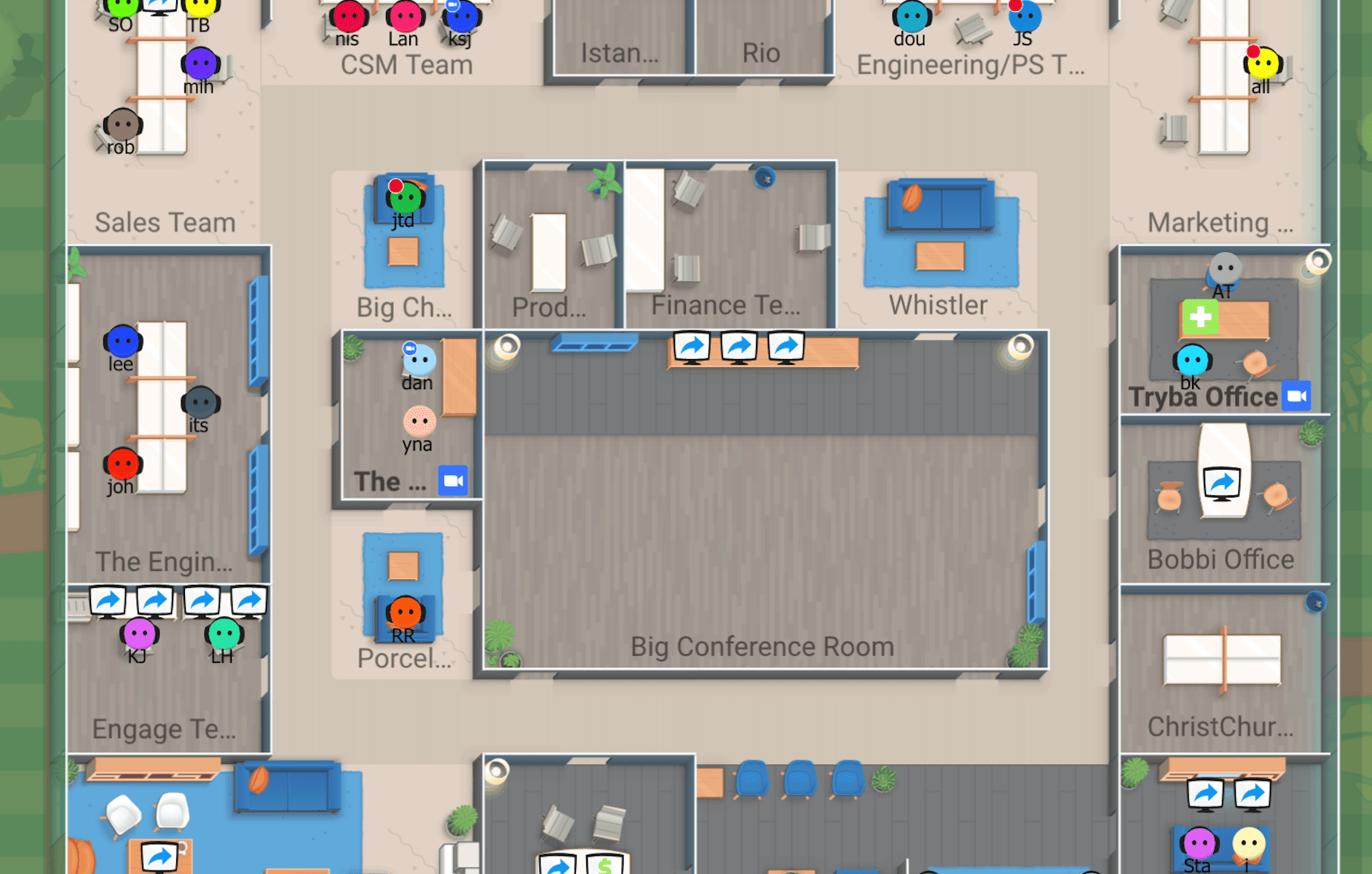It’s true – most managers hate remote work.
Yes, they trust their employees.
Yes, they want a culture of flexibility & openness.
Yes, they believe that results matter more than hours logged.
But no – they still hate remote work.
Why?
It’s not that managers don’t like the theory of remote work.
Who doesn’t want to believe that everyone is more productive in their pajamas, banging away at home in an asynchronous manner, only being interrupted from their deep work by their Amazon delivery person?
It’s just that it’s not a world most managers live in today.
Most managers are not trying to solve the problem – ‘how I can get John to work more efficiently’.
They’re trying to solve the problem – ‘how I can get John, Kevin, and Sara to all collaborate together to immediately solve this urgent customer issue’.
Remote work makes this more difficult.
Particularly if the company isn’t a remote-first culture and has always relied on ‘in-person collaboration’. Most Fortune 500 companies are this way today – and many have recently spent MILLIONS to redesign their offices to the ‘open office’ concept to promote more impromptu collaboration.
So what should these managers that were forced to quickly go remote work do?
One easy solution is for managers to set up a virtual office like Sococo.
A virtual office is basically a pseudomorphic depiction of their physical office. It looks just like their physical office – but it’s online instead. Simple as that – no more, no less.
The manager can set up the virtual floor to have individual offices, cubes, meeting rooms, kitchen areas – or whatever else they want to recreate in the space.

The most important part for managers, however, is that their entire team is there and available.
When each team member starts work in the morning – they are automatically placed into their office. The manager can ‘see’ her team, go have impromptu chats, see the various team members collaborating, call a meeting with everyone, etc, etc.
Just like a physical office – simply online instead.
Sometimes – just simplifying and getting the team back to par is a decent first step…
If you have any questions – please feel free to contact me at @andytryba.









